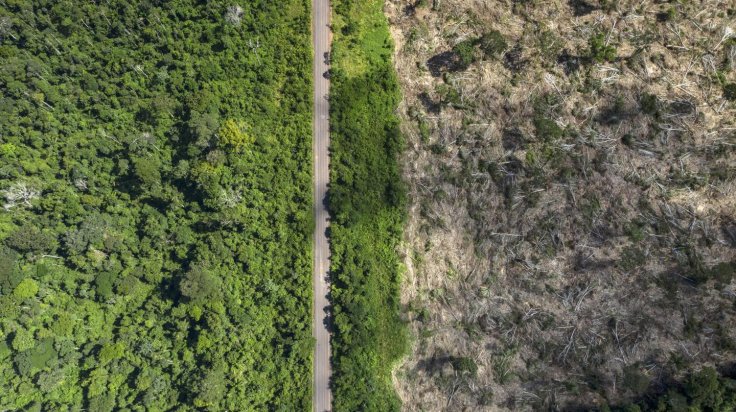
A new study conducted by researchers on fossils that are currently stored in the Smithsonian National Museum of Natural History could shed light on key stages of plant evolution. During the study, researchers identified an ancient plant species, that is not like any other plant that lives on the earth now.
Evolution of plant reproduction
In the modern world, winds, rain, insects, and animals play a crucial role in plant reproduction. This new study aimed to shed light on how this reproductive system evolved over time. During the study, researchers identified over 80 reproductive structures from 30 rock fragments that were excavated from Canada.
The discovered reproductive structures contained spores, that play a pivotal role in the reproductive cycles of plants. Researchers noted that the sizes of spores were different in various structures. As experts noted a difference in the size of these spores which are almost 400 million-years-old, researchers suggested that this could be one of the best examples in the intermediate stage of plant reproductive biology.
"The overarching story in land plant reproduction is one of increased division of labor and specialization and complexity, but that has to begin somewhere – and it began with simply producing small spores and big spores. With these kinds of fossils, we can identify some ways the plants were able to do that," said Andrew Leslie, a researcher at Stanford Earth, and the lead author of the study.
More details about these fossils
Further analysis of these fossils suggested that they belong to an extinct group of plants, scientifically named herbaceous barinophytes. Researchers also noted that these plants are closely related to clubmosses.
The plant might have lived on the earth during the Devonian period, and experts believe that this was a time where small plants on the earth expanded themselves to create big forests.
The discovery of oldest fossilized forest
It was around a few months back that researchers discovered the oldest fossilized forest in China. Researchers who discovered these remains near Xinhang claimed that these fossils are at least 419 million years old. The fossilized lycopsid trees were found in the walls of the quarries, and researchers revealed that they have grown up to 7.7 meters at their peak.









